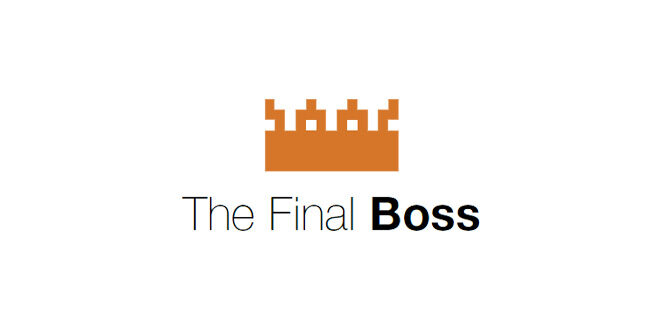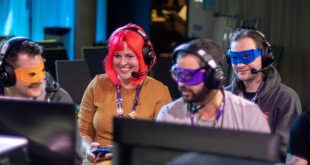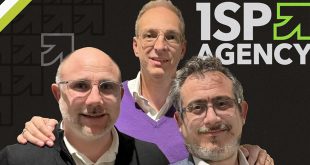 Every month an industry leader wraps up MCV/DEVELOP with their unique insight. This month, we speak to Alison Lang, CEO and co-founder of Changingday.
Every month an industry leader wraps up MCV/DEVELOP with their unique insight. This month, we speak to Alison Lang, CEO and co-founder of Changingday.
You are relatively new to the games industry. What led you here?
It certainly isn’t where I thought I’d end up! Until I tried a VR headset about seven years ago, I had no experience of gaming at all. Straight away I realised that VR had real potential to help autistic people – I have an autistic daughter, so it was something that really excited me. Autistic people love games, but games aren’t always designed for them. Because VR is so immersive, it just seemed a perfect fit. We talked to a lot of people to test and refine our thinking, and carried out formal research into the market. The more we looked into it, the more potential VR seemed to have to achieve something important, so we closed our previous advertising business and committed to this.
How have you found the experience of leading a new studio releasing its debut game?
It’s been amazing! The gaming industry is new to me, but it’s so welcoming and positive that I felt at home straight away. That’s largely down to our team who have done an incredible job bringing the original vision to life with BLINNK and the Vacuum of Space. It’s a very different creative process from what I’ve been used to in advertising, so, as well as leading the team, I’ve been learning from them. And I must say they have been very patient with me! From building the team to launching our first title in under three years has been a very positive and rewarding experience.
What have been the challenges?
Where do I start? We opened our offices a couple of weeks before Covid shut the country down, so that presented some real challenges. Basically, we had to completely rethink how we functioned. Pulling a team together isn’t easy at the best of times without having to do it all on Zoom, and working remotely to develop a creative product is not ideal. On top of that, the war in Ukraine and the broader financial gloom has added to the challenge of developing a successful business – it affects investment, sales, costs, everything. If we hadn’t had such a clear vision of what we were doing, and excellent support from our team and our investors, then it would have been a lot more difficult.
Is there anything you would’ve done differently?
There are certainly things I’d have done differently, but I don’t think there are too many decisions that I look back on and regret. It’s taken a lot longer to get to market than I expected, partly down to it just taking a long time to develop a functioning product and partly down to the time it takes to get that product onto the key marketplaces. Had I realised that it would be quite such a lengthy process, I would have implemented a more long-term approach to planning, marketing, and investment. But we got there in the end and I am very proud of what we’ve achieved.
What’s next for Changingday?
We have an exciting strategy in place to take things to the next level. We are already looking at our second game based on the feedback we’re getting from BLINNK, and we’re really excited to see how that develops – it’s not a sequel, more of a companion game that will sit beside the first one. We’re also looking at ways to develop our expertise in autism and VR to create a broader offering for education, healthcare, and other organisations. VR has so much potential to make a difference to the lives of neurodiverse people, so the future looks exciting.

 MCV/DEVELOP News, events, research and jobs from the games industry
MCV/DEVELOP News, events, research and jobs from the games industry




